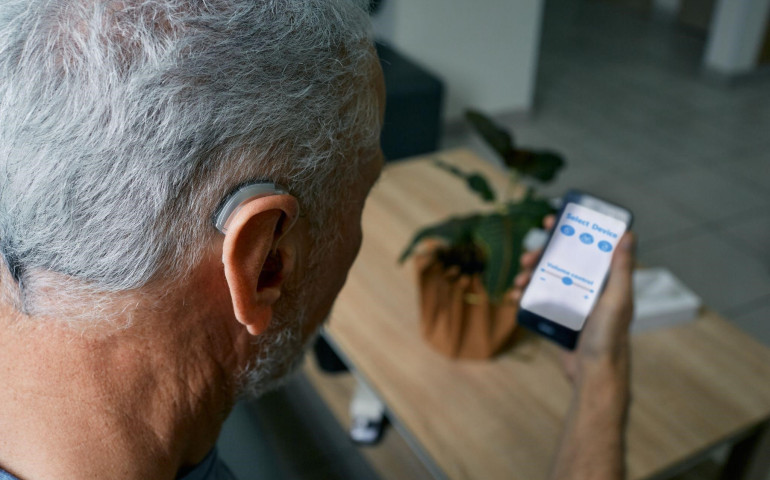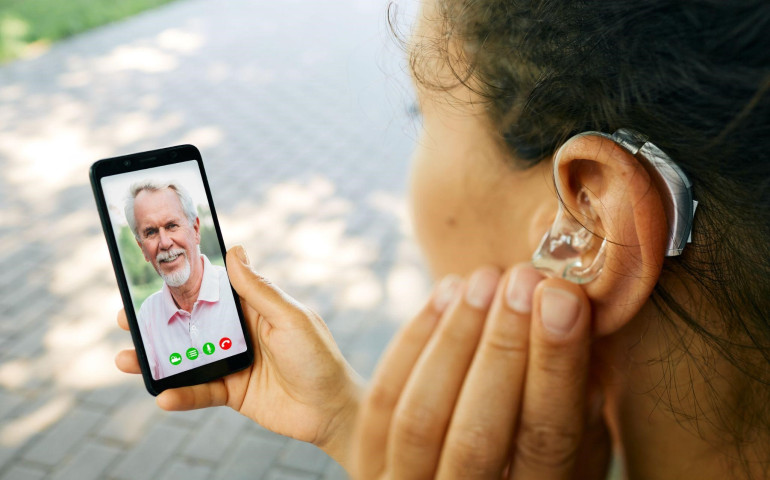Can Long Exposure to Radiation Cause Hearing Loss?
Radiation treatment has become increasingly popular for treating neck and head tumors, and most of the radiation may reach the auditory system. As a result, patients may experience hearing loss, according to a new study. Studies also show that radiation therapy, chemotherapy drugs, and medications can cause damage to the cochlea and the auditory nerve, causing hearing loss. Losing your hearing will affect your daily life.
The Risks of Radiation Therapy
Prolonged exposure to radiation and radiation therapy may affect the ear in the following ways.
- Inflammation or buildup in the outer ear
- Ear wax in the outer ear
- Fluid buildup in the middle ear
- Stiffness in the eardrum or middle ear bones
- Damage to the sensory hair cells in the inner ear
How Does Hearing Work?
The ear consists of three bones: the outer, middle, and inner. It boosts the volume and directs the sound to the middle ear. There are three tiny bones inside the middle ear, which form a chain connecting the eardrum to the opening of the inner ear. Those vibrations move the bones in the middle ear, transmitting sound to the inner ear—several types of sensory hair cells in the cochlea range from low-pitched sounds to extremely high-pitched sounds. Hair cells are sensitive to different pitches.
Types of Hearing Loss
Conductive hearing loss is an impairment of hearing resulting from the lack of sound transmission into the inner ear. Sensorineural hearing loss results from damage to the inner ear or auditory nerve. For instance, chemotherapy can damage the sensory hair cells in the inner ear. Sensorineural hearing loss usually lasts a lifetime, but conductive hearing loss improves over time. Mixed hearing loss refers to hearing loss that has both conductive and sensorineural components.
The Causes of Hearing Loss
You can lose your hearing for a variety of reasons, including:
- Damage to the inner ear.
- Noise exposure and aging may wear down the hairs and nerve cells in the cochlea that transmit sound signals to the brain.
- Ear wax build-up. If earwax builds up in the canal, it prevents sound from reaching your ear.
- Ear infections, tumors, abnormal growths. Any of these conditions can cause hearing loss in either the middle or outer ear.
- Eardrum rupture. Noise, sudden changes in pressure, popping the eardrum, as well as infection can rupture and damage your eardrum.
Symptoms of Hearing Loss
You may exhibit some of these symptoms if you have a hearing problem:
- Feeling off-balance or spinning.
- Inability to understand someone over the phone.
- Having to turn up the volume of a TV, radio, or other devices.
- Being opposed to people and activities because of hearing problems.
- Hearing difficulty due to background noise.
Treatment Solutions
Hearing aids and cochlear implants are two of the most common technologies people use to communicate with their family and friends. Hearing aids are battery-powered devices used to improve hearing, and cochlear implants are a sound processor that captures the sound signals and sends them to the receiver.
Contact Us Today
Many people suffer from hearing loss through radiation therapy, chemotherapy, or simply due to age. Patients suffering from hearing loss and needing hearing specialists can seek help at Beltone Skoric Hearing Aid Center. We offer a wide variety of hearing care services. Whether you need a personalized diagnosis, free hearing tests, or a wide range of hearing aids, we have the right selection for your lifestyle and budget.






